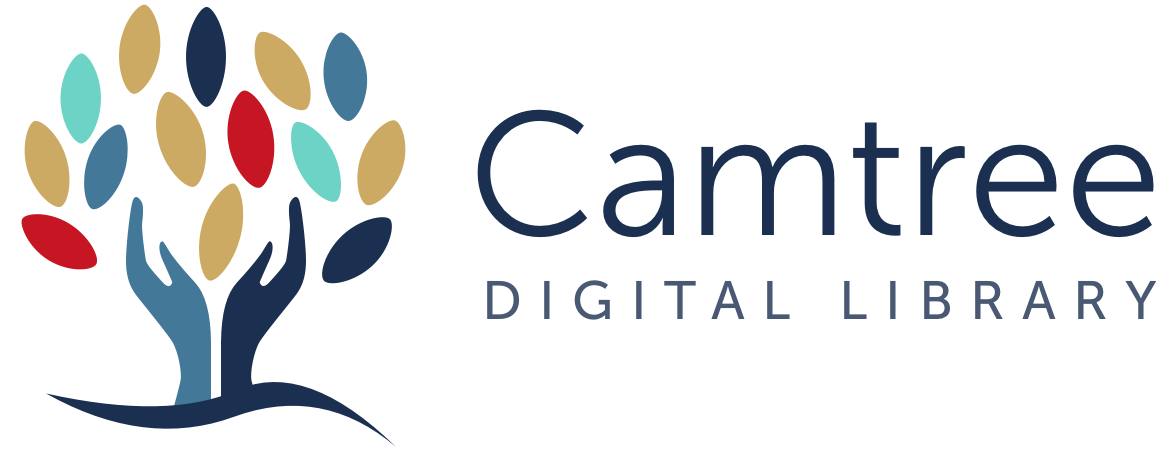Loading...
Empowering Self-Leadership and Social-Emotional Growth Through Drama: A Life Competencies-Focused Lesson Study in a Bilingual Grade 7 Curriculum
Brown, Adam Hannah, William
Brown, Adam
Hannah, William
Files
Citations
Altmetric:
Authors
Editors
Date
2025
Educational Level
ISCED Level 2 Lower secondary education
Curriculum Area
Geographical Setting
Italy
Abstract
Context: This lesson study was conducted at Mile Bilingual School in Milan, Italy, focusing on developing life competencies among a Grade 7 class of 20 bilingual students during drama lessons. It was part of a broader initiative by ISP to integrate essential life competencies into the curriculum.
Aims: The primary goal was to foster self-leadership and interpersonal skills within the curriculum, allowing students to enhance their well-being, build confidence, and develop social-emotional skills. The project originally planned for three lessons ultimately required more sessions to fully address the complexities of the themes involved.
Methods: Ground rules for respectful dialogue were established to create a supportive learning environment. A diverse array of teaching methodologies was implemented, including discussions, debates, reflective activities, and role-play exercises, as a part of a sequence of research lessons.
Findings: The lesson study revealed that students engaged positively in discussions and role-plays, showcasing their understanding of well-being and leadership. Case students displayed varying levels of confidence and capability in articulating their learning, with insights gained from group interactions indicating personal growth. Reflective practices including post-lesson interviews confirmed that the activities helped students develop applicable life skills and fostered an enjoyable learning atmosphere.
Implications: The outcomes suggest that integrating life skills such as self-leadership and interpersonal dynamics into the curriculum can enhance student engagement and personal development. Future projects may benefit from extended time for exploration and reflection, emphasizing the intertwined nature of life competencies and subject knowledge. The study highlights the potential for enriching students' academic experiences through innovative teaching approaches that address both academic and personal growth.
Description
Keywords (free text)
bilingual education, drama education, self-leadership, interpersonal skills, role-play, wellbeing
